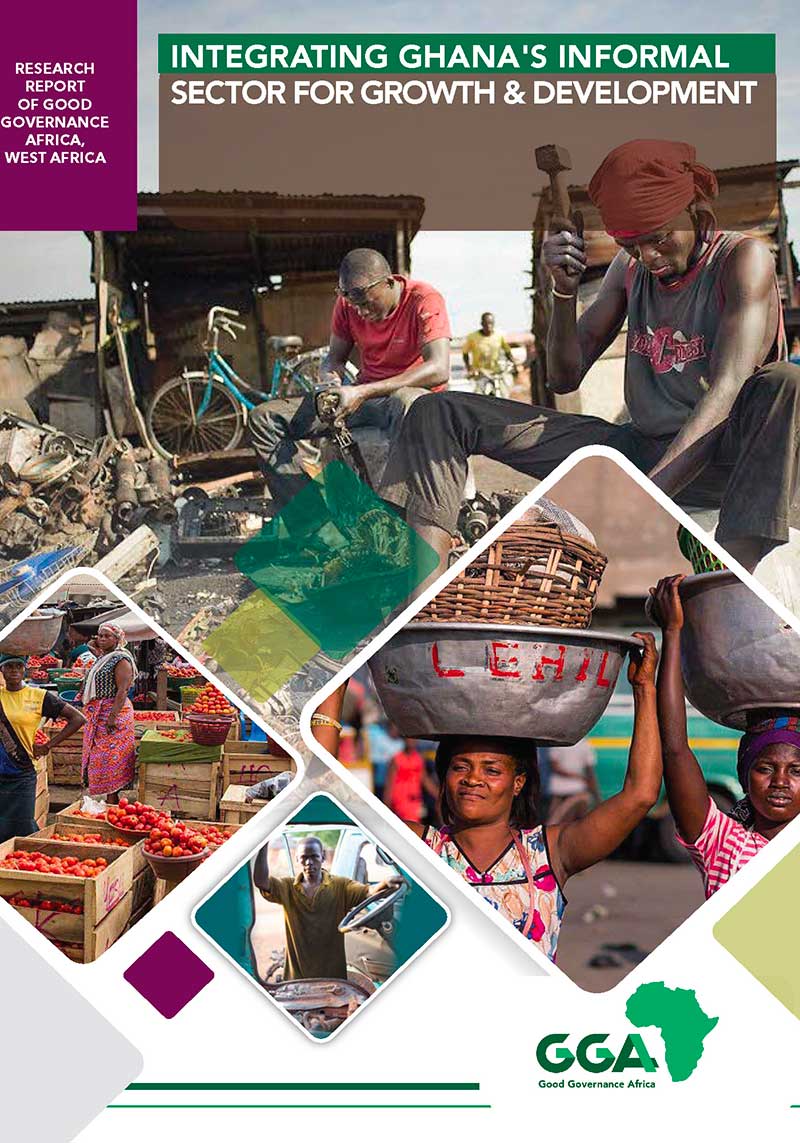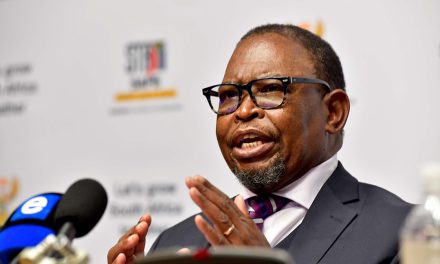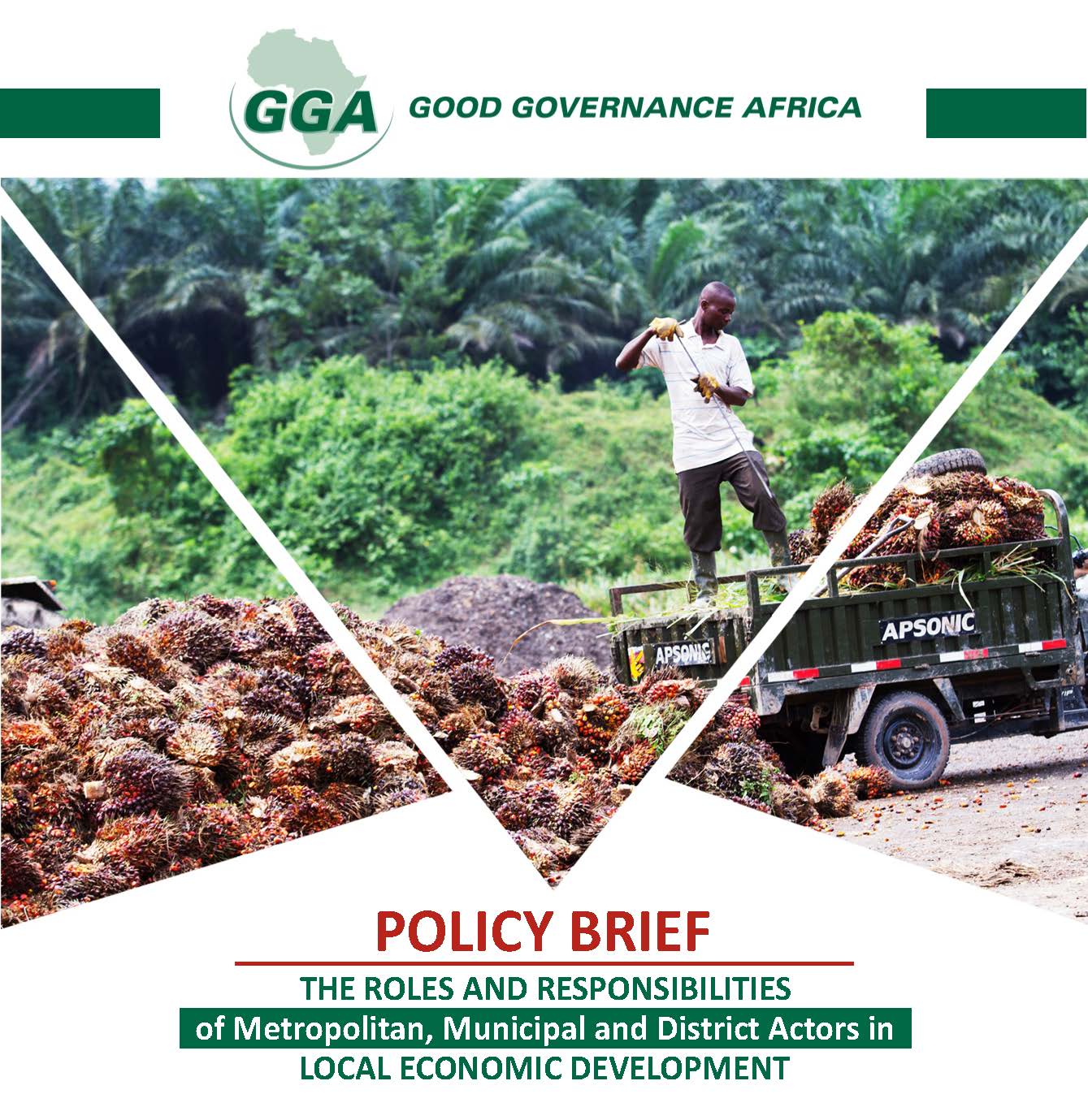
Irrespective of the difficulties associated with defining the informal sector, it remains an important sector of many national economies and makes significant contributions to the development of countries in the developing and transition countries of the world. Estimates for different world regions between 2005 – 2010 show that the informal sector employs 58.4%, 65.9%, 57.7%, 69.7% and 22.6% for North Africa, sub-Saharan Africa, Latin America, Southern and south-eastern Asia and transition countries, respectively. In terms of the contributions of the sector to the Gross Domestic Product (GDP) of these different sub-regions, it is estimated that the informal sector makes a 63.6% contribution to the GDP of sub-Saharan African Countries ranging between a maximum of 72.6% for Niger to a minimum of 51.5% for Senegal. In the specific case of Ghana, the informal sector is used mainly to refer to non-agricultural activities. The sector which constitutes about 62% of all commercial enterprises in Ghana, employs about 65.3% of the active labour force of the country. The sector is also estimated to represent about 35.6% of the Ghanaian economy, approximately $66 billion at GDP PPP levels. The informal sector of Ghana is also seen to provide the poor and the vulnerable, including women a means to gaining income and improving their livelihoods. The importance of the informal sector, notwithstanding, has not been effectively and sustainably integrated into the larger Ghanaian economy and its full potential is yet to be tapped.











